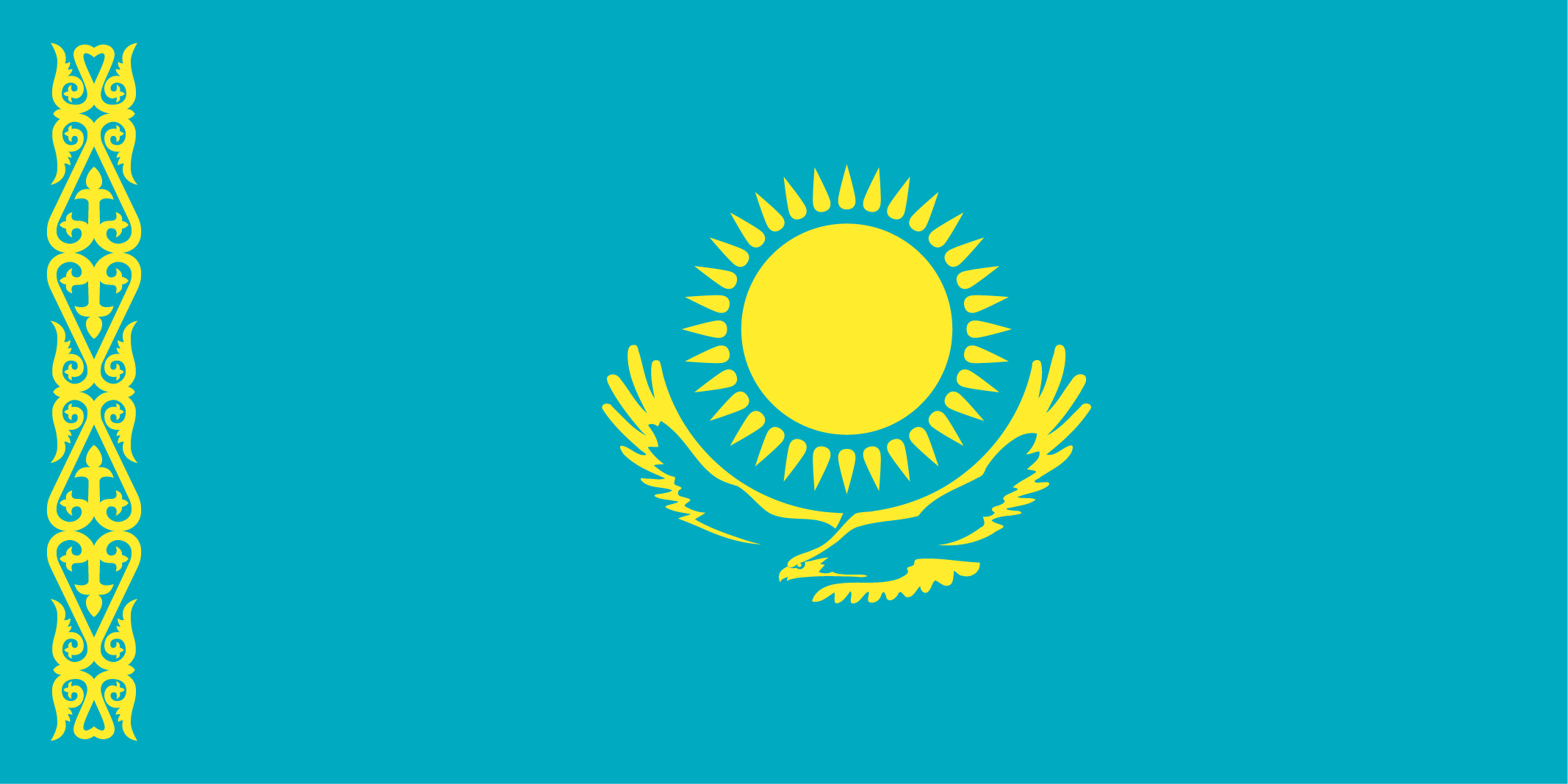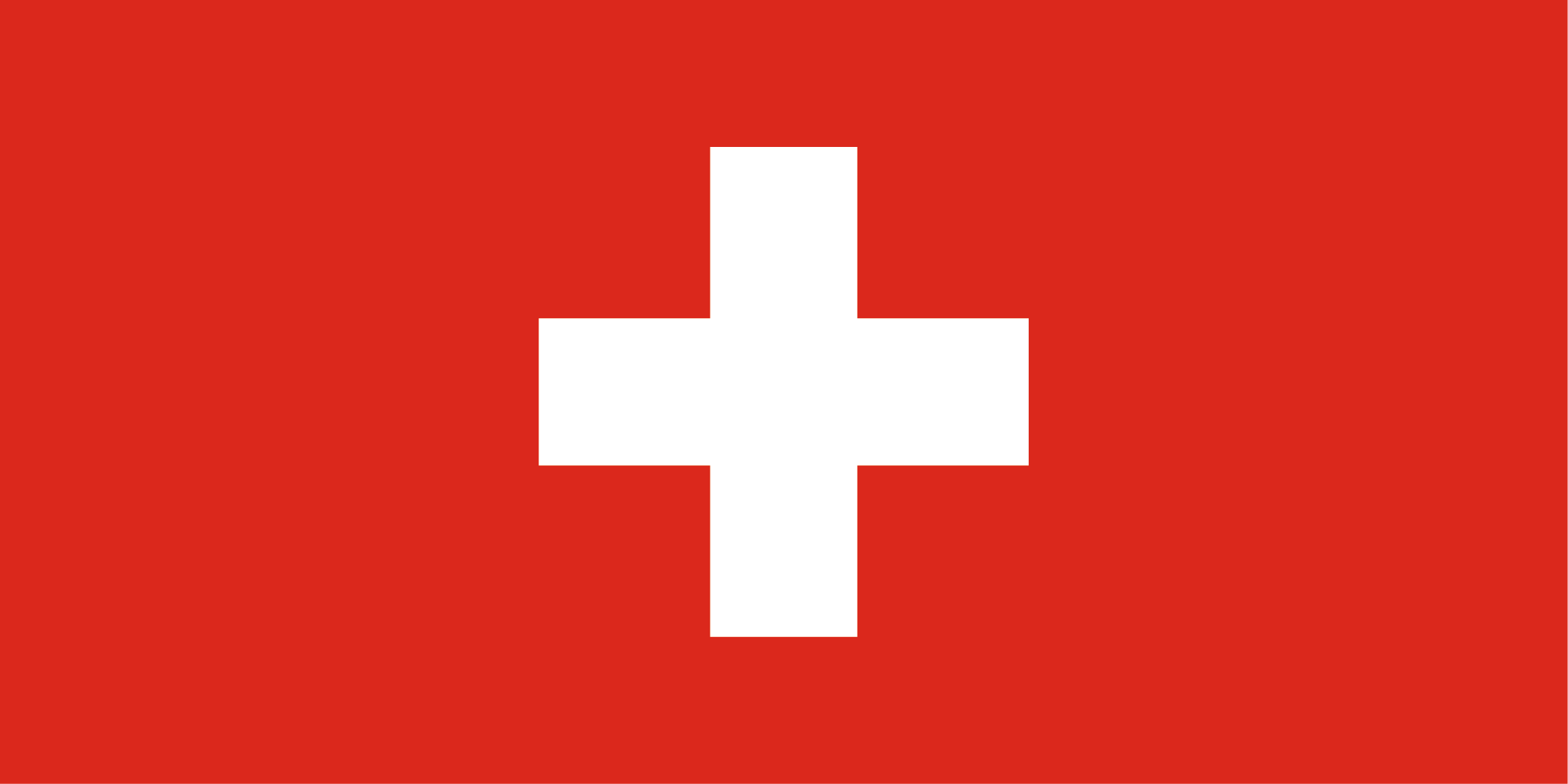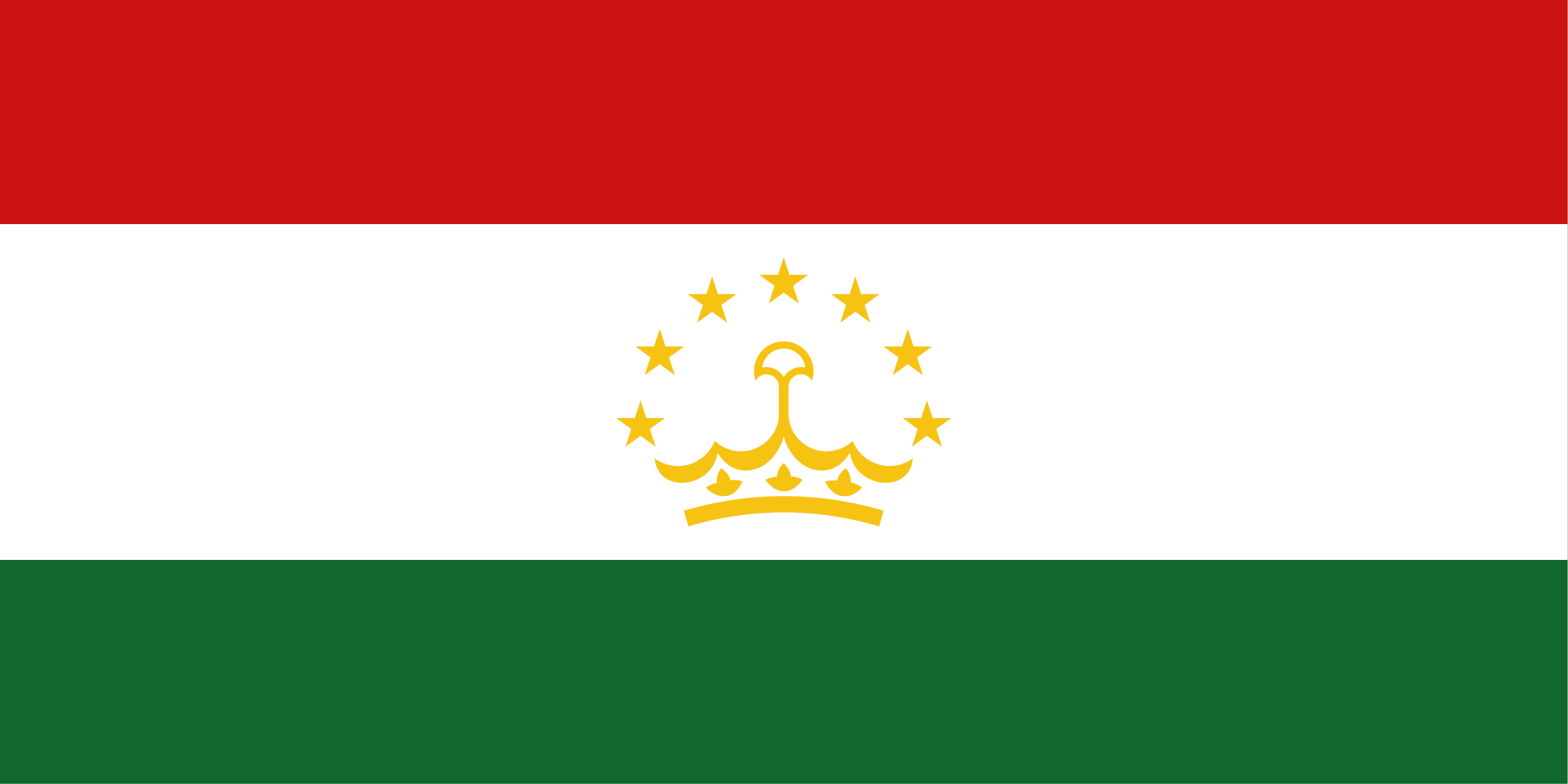International Transportation of the Deceased
When and Why International Transportation of the Deceased Is Needed
International transportation of the deceased may be required in various situations: death during travel, business trips, emigration, or treatment abroad. In such cases, transporting the body to the country of residence or place of burial becomes a priority for the relatives. This process requires strict adherence to transport regulations, collection of a full set of documents, and coordination with the consulate, embassy, airlines, and funeral services. Assistance from a specialist helps avoid mistakes and speeds up the formalities.
Requirements for Transporting a Body Abroad
For the legal transportation of a body across borders, it is mandatory to meet several requirements. First of all, embalming and placing the deceased in a zinc coffin with hermetic sealing are basic conditions. It is also necessary to register the death with the competent authorities of the country and obtain permits for import and export from the consulate or embassy. Without these documents, the cargo 200 cannot be processed for international shipment. It is best to entrust document preparation work to specialists.
Transport Options: By Plane, Road, and Other Means
The body of the deceased can be transported by plane, road, railway, or sea. The choice depends on distance, timing, and route specifics. The airplane is the fastest way to deliver cargo over long distances. Road transport is used for delivery to the burial site within a region or from the airport. Each type of transport has its own requirements for packaging and preparation of the container with the deceased's body.
Required Documentation Package
For transporting the deceased abroad, it is necessary to gather a package of documents. Mandatory documents include: a death certificate with a state seal, an embalming certificate, a certificate of absence of foreign objects in the coffin, permits from the sanitary authority and the consulate, a customs declaration, and documents for zinc coffin sealing. Some countries require apostilled translations, certified by a notary. Funeral services handle these procedures.
Transporting Ashes Abroad
Transporting ashes of the deceased is a simpler and more accessible procedure. Nevertheless, it is necessary to meet important conditions. The urn must be non-metallic to pass X-ray control. Most airlines require the urn to be checked in as baggage, but some international carriers allow it in carry-on luggage. Escort is mandatory, as well as declaration of the cargo. Without consular permission, import of ashes is not allowed. The following rules must be observed.
Reception of the Body or Ashes in the Destination Country
The reception of the coffin or urn at the airport requires coordination. Funeral agencies take care of delivery to a morgue, crematorium, or directly to the cemetery. Service personnel provide loading, transportation, and reception at the point of arrival. This is a crucial stage in the repatriation process, where it is important to comply with all regulations and rules of international transportation. Our specialists will complete everything on time.
Importing the Body or Ashes
If the deceased was a citizen of the destination country, repatriation requires preparation of a number of documents: a death certificate, a certificate of absence of foreign objects, a certificate of absence of infections, an import permit, and their notarized translation. All documents must be provided to the customs authorities. The ashes or body of the deceased can be delivered by plane or transport, depending on distance and route. A relative can seek assistance from a funeral service.
Cost of Transporting the Deceased
The cost of transportation is determined by many factors: route length, type of transport, airline tariff, weight of the cargo, and urgency. One must also consider packaging costs, payment for funeral agency services, document collection, translations, and sealing. A contract with the company ensures accurate and legal execution of the work.
Why It Is Better to Entrust the Process to Specialists
Organizing international transportation requires extensive experience. Funeral companies provide comprehensive services: obtaining permits, document preparation, collecting certificates, document translation, transport booking, and delivery to the burial site. This helps avoid delays, risks of transportation denial, and violations of international regulations. By entrusting the process to specialists, you ensure that everything will be arranged correctly and on time. Government support and experience are important advantages in such matters.






















































